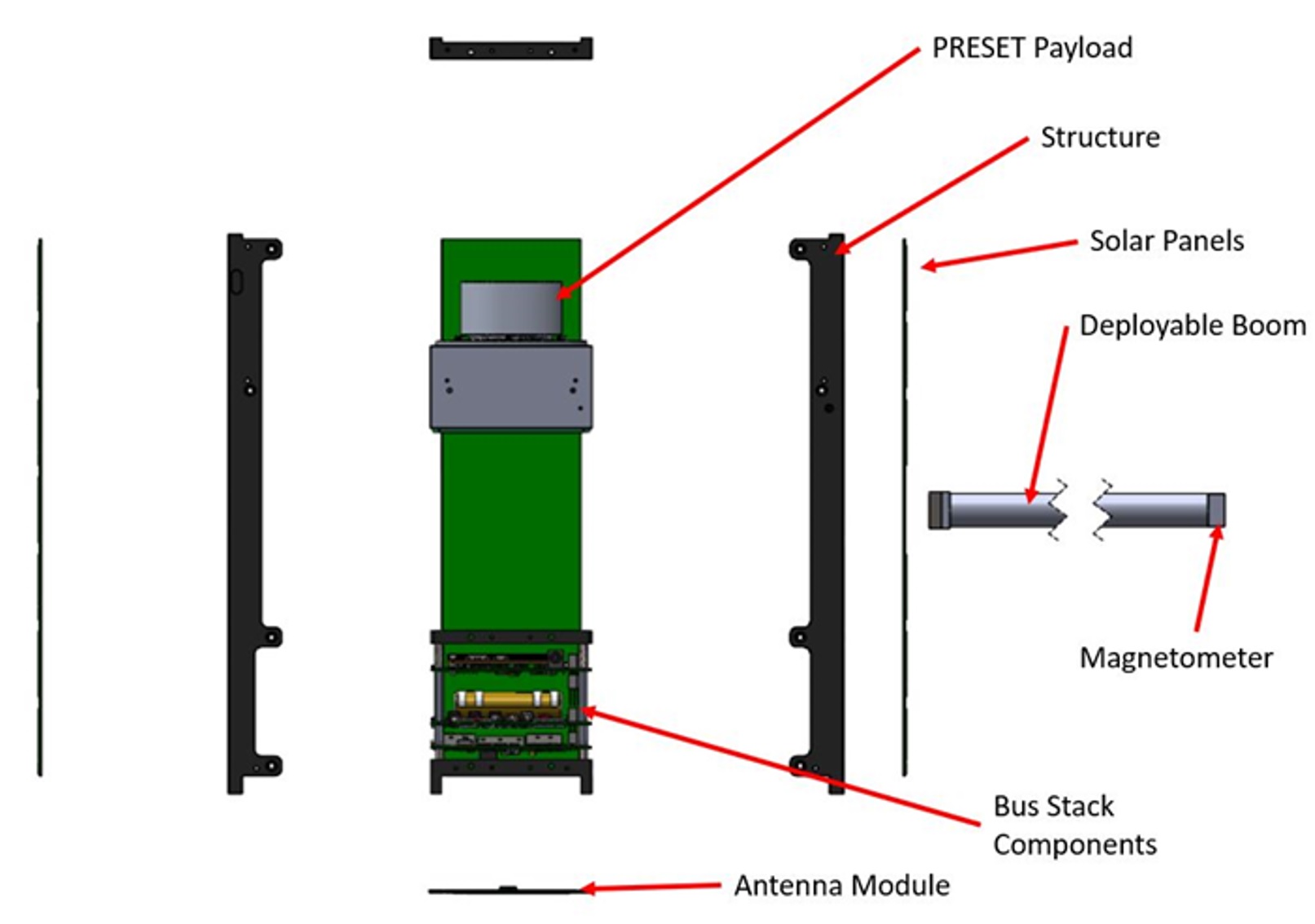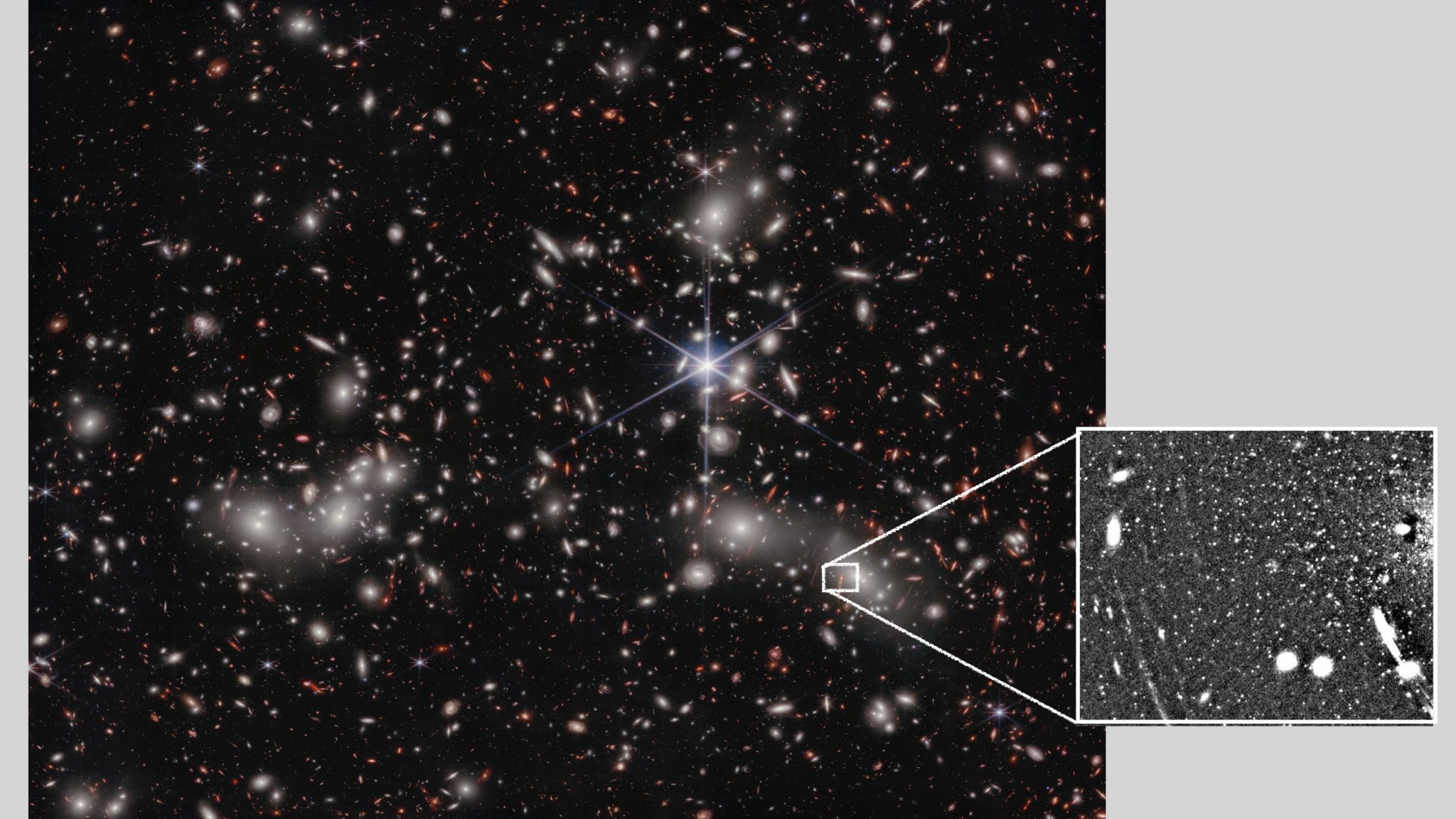PRESET – McMaster’s 2nd Satellite Development Project funded by Canadian Space Agency

In June 2023, the Canadian Space Agency announced the selection of the winning proposals for the CubeSats Initiative in Canada for STEM (CUBICS) funding program and awarded nine grants representing $3.15 million over three years. McMaster’s Pitch?REsolving?Spectroscopy for?Electron?Transport (PRESET) project (PIs: Soo Hyun Byun, Andrei Hanu, Eric Johnston) is one of the nine successful proposals.
Following the very successful NEUDOSE CubeSat project that was funded by CSA’s the Canadian CubeSat Project (CCP) program, the PRESET project will develop cutting-edge technologies for space radiation detection, magnetometry, digital signal processing, satellite communications, and attitude determination and control.
PRESET is a 3U (10×10×30 cm3) CubeSat that will carry two scientific instruments into a high-inclination low-Earth orbit (LEO) to measure the angle and time-dependent flux of electrons with kinetic energies ranging from 0.3 – 7 MeV. The first instrument is a highly collimated Electron Spectrometer Telescope (EST) that will measure both the energy and arrival time of electrons incident upon the acceptance angle of the instrument. The second instrument is a tri-axial MAGnetometer (MAG) that will be mounted at the end of a 1-meter deployable boom and used to measure the strength and direction of the local magnetic field. The data from these two instruments will be combined with attitude and pointing knowledge from the PRESET CubeSat, enabling us to measure the angle and time-dependent flux of electrons incident upon the spacecraft.
Ben Dyer and Steven Cheng (both PhD students in P&A) have been developing the PRESET EST instruments as their PhD projects since 2021. Development of a prototype EST will be completed in summer 2023, and its performance will be tested via NASA’s Fall 2023 High Altitude Student Platform (HASP) balloon mission.
More exciting updates will be coming!
Related News
News Listing

December 1, 2023


